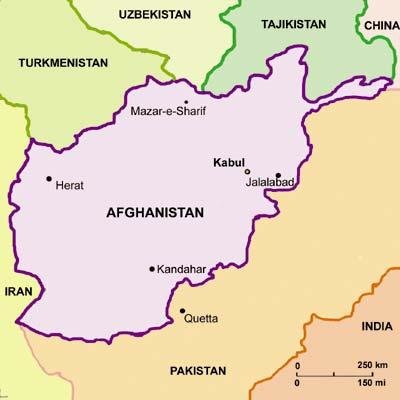Afghanistan’s National Development Company says that Phase 2 of the Qoshtepa Canal construction project is 81% complete, TOLOnews reported.
Nabiullah Arghandiwal, spokesperson for the National Development Company, said: “The construction process is progressing rapidly with advanced machinery and work teams. The embankments of the canal are also 67% complete, and all work is being carried out according to global standards.”
In its report, Afghanistan’s Qoshtepa Canal and Water Security in Central Asia, the U.S.-based Center for the National Interest says that the Qoshtepa Canal, currently under construction in northern Afghanistan on the Amu Darya River, will dramatically affect the availability of water for irrigation and drinking in one of the world’s most water-scarce regions—Central Asia, as it will divert water from the transboundary river.
According to the report, the Taliban authorities have launched the canal project to stimulate agricultural production and economic development in northern Afghanistan, but they are doing so in a manner that might fuel conflict with states downstream along the strained Amu Darya River — especially Uzbekistan and Turkmenistan — and contribute to further environmental degradation across the Central Asian region.
The planned canal is 287 km long and 8.5 m deep with an average width of 100 m, and it is expected to open more than 1.2 million acres of farmland and create about 200,000 new jobs in northern Afghan provinces.
The report recommends the United States should use the opportunity of this critical project to engage the interim authorities of Afghanistan to ensure construction of a well-engineered canal that maximizes efficient water use in the country. If the United States supports the project in principle, there is a higher likelihood that the multilateral development banks—like the World Bank, the European Bank for Reconstruction and Development, and the Asian Development Bank—will support the project financially, technically, and diplomatically.
The report also suggests the United States convene its allies and partners to support diplomacy around a possible regional water-sharing agreement between Afghanistan, Kazakhstan, Kyrgyzstan, Tajikistan, Turkmenistan, and Uzbekistan.
